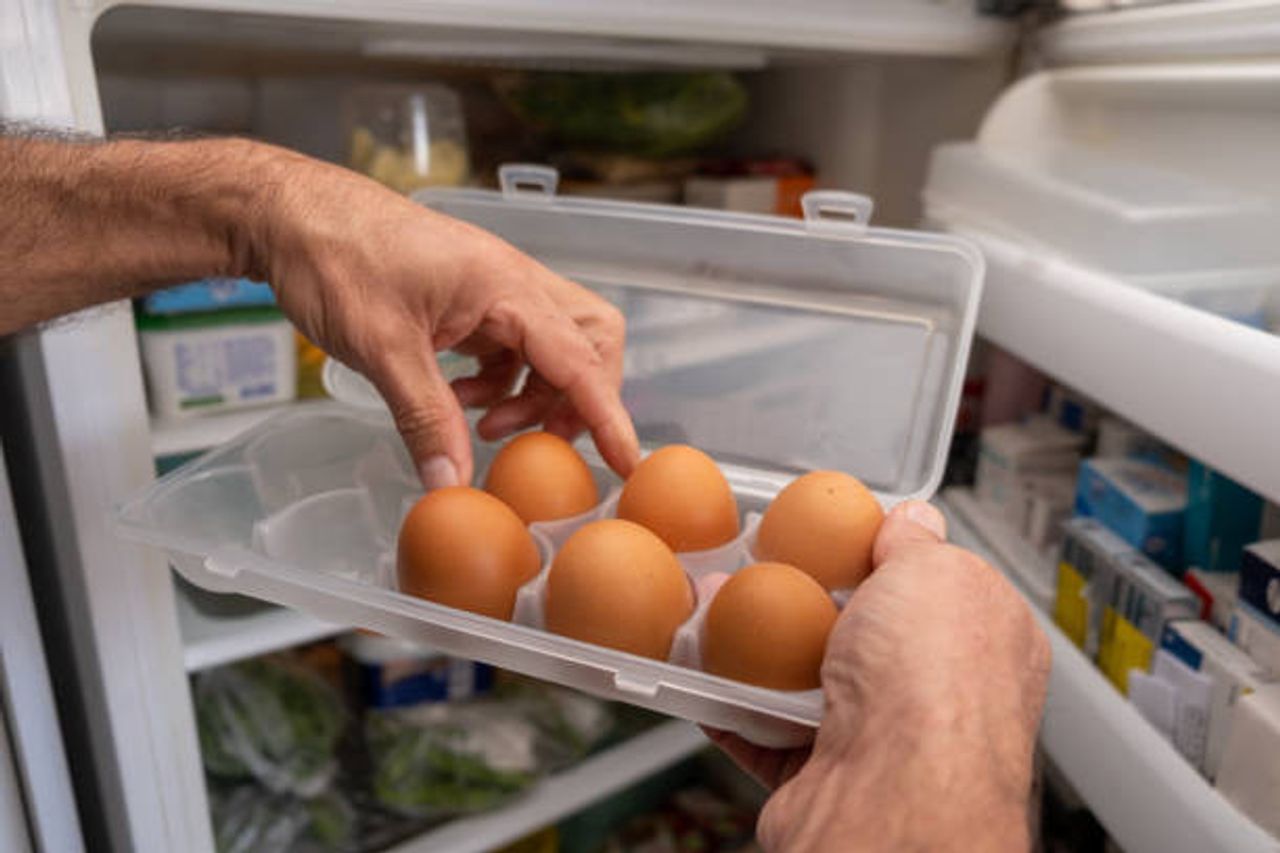7 Egg Saving Mistakes You Don't Know

Jakarta - Eggs as a source of protein can be served in various ways, ranging from boiling them, making them part of salads, sandwiches, to being a side dish in a bowl of ramen or instant noodles. causes the person who eats it to get sick.
Here are seven common mistakes people make when storing eggs, according to the United States Department of Agriculture (USDA) Food Safety and Inspection Service, as quoted by ANTARA from Real Simple, Saturday, May 28:
Buying eggs that are not stored properlyWhen shopping for eggs, make sure the eggs you buy are stored properly in the store. Eggs are stored in the refrigerated section of the grocery store because any bacteria present in eggs can multiply rapidly at room temperature, but are less likely to reproduce in cold temperatures.
Next, try to choose Grade A or AA eggs with clean and unbreakable shells. When buying egg products, look for containers that are tightly closed.
Don't refrigerate the eggs after arriving homeAfter buying eggs from your local grocery store or through a delivery service, you need to refrigerate them immediately. In addition, once the egg is cooled, it should remain that way. The USDA notes that cold eggs left at room temperature can facilitate the movement of bacteria into eggs and promote the growth of bacteria, including Salmonella, which can cause diarrhea, fever and stomach cramps.
Not setting the fridge to the right temperatureNot only do eggs need to be refrigerated quickly, they also need to be refrigerated to the right temperature. Make sure your refrigerator is set to 4 degrees Celsius or lower and store eggs in their cartons. Eggs should also be stored in the coldest part of the refrigerator and not in the doorway, which tends to be warmer.
Wash eggsWashing eggs is not necessary because it can increase the risk of contamination of these foods. More specifically, when eggs are washed, water can enter the eggs through the pores in the shell. Apart from that, there is no reason to wash eggs, because each egg already has a protective coating.
Using cracked eggsBacteria can enter eggs through cracks in the shell, so you should never buy or cook cracked eggs, even if the cracks are very small. However, if you see an egg or two break on your way home from the grocery store, you can still save the contents. Simply break a cracked egg into a clean container, seal it tightly, store it in the refrigerator, and use the egg within two days.
Leaving eggs too longWhile you may want to prepare all the ingredients well before you intend to cook them, make sure you don't keep the eggs out of the refrigerator for more than two hours.
Freezing eggsThere are many foods you can freeze, but it's not advisable to freeze whole eggs or just the yolks. Freezing raw eggs will damage the shells, while freezing raw egg yolks will make them unusable in recipes.
